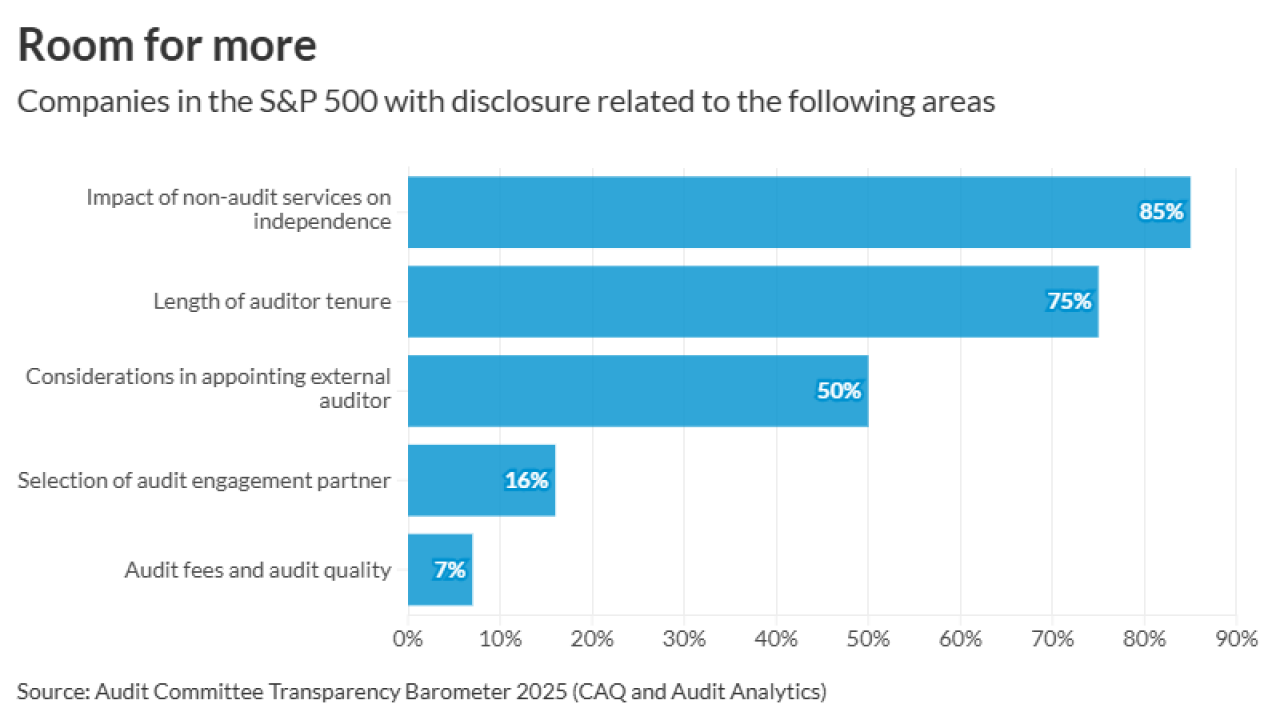Representative Nicole Malliotakis said increasing the state and local tax deduction cap to $30,000 from $10,000 would reduce the tax burden of the vast majority of people in her district, indicating support for a proposal that is dividing Republicans.
"Every member needs to advocate for the particular needs of their district. Tripling the deduction to $30,000 will provide much-needed relief for the middle-class and cover 98% of the families in my district," Malliotakis, a Republican representing Staten Island, New York and a member of the House tax committee, said in a statement to Bloomberg News on Friday.
Malliotakis' nod of approval for a $30,000 SALT deduction cap comes as Republicans are fighting among themselves about how high to increase a tax break that has the potential to scuttle President Donald Trump's entire tax package.
House Speaker Mike Johnson on Thursday said the $30,000 write-off limit is one of several options being discussed. That figure was rejected by several other New York Republicans, including Elise Stefanik, Nick LaLota, Mike Lawler and Andrew Garbarino. California's Young Kim also rebuffed the idea.
Malliotakis' district has less expensive property values and lower incomes than some of the other lawmakers pushing for a SALT expansion, making it politically viable for her to accept a lower cap than some of her colleagues.
White House Press Secretary Karoline Leavitt suggested on Friday that Trump would not weigh in on an appropriate level for a SALT cap, leaving it to lawmakers to resolve.
"There's a lot of disagreement on Capitol Hill right now about the SALT tax proposal, and we will let them work it out," she told reporters.
House Republicans' narrow majority means that Johnson needs to win the support of nearly all his members to pass Trump's tax-and-spending package.
Several of the SALT advocates have said that they are willing to block the bill unless there is a sufficient increase to the deduction. However, most members have not publicly stated how high the deduction must be to win their support.
The debate over SALT has proved to be a particularly thorny fight because it is a political priority for a small but vocal group of Republicans representing swing districts critical to the party maintaining a majority in the 2026 midterm elections.
Expanding the write-off is an expensive proposition, and Republicans have little fiscal wiggle room as they are sparring over ways — including cuts to Medicaid and levy hikes on millionaires — to offset the cost of the tax-cut package.
The House Ways and Means Committee is slated to consider the tax portion of the bill on Tuesday, including SALT changes.






